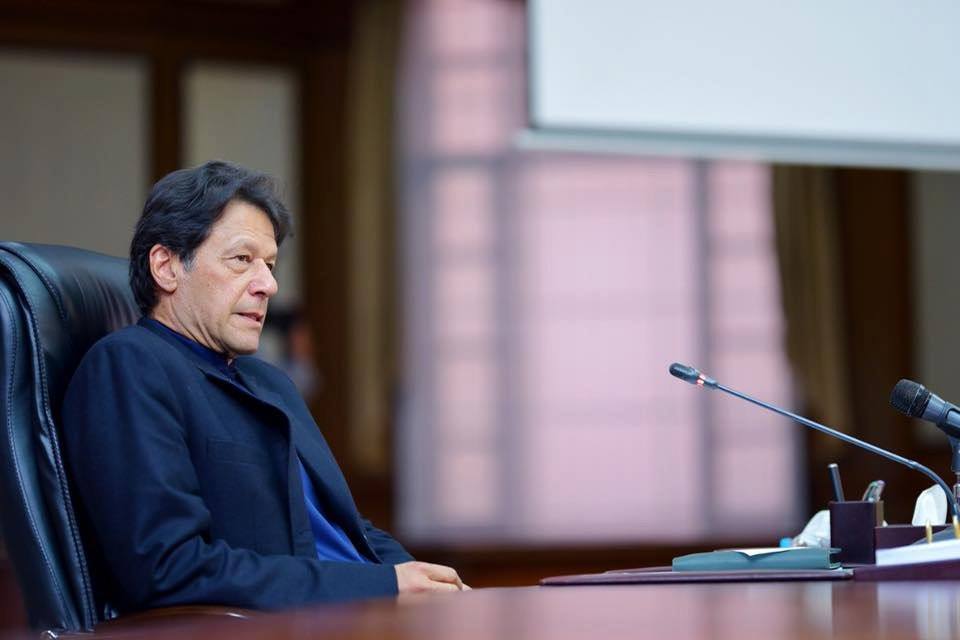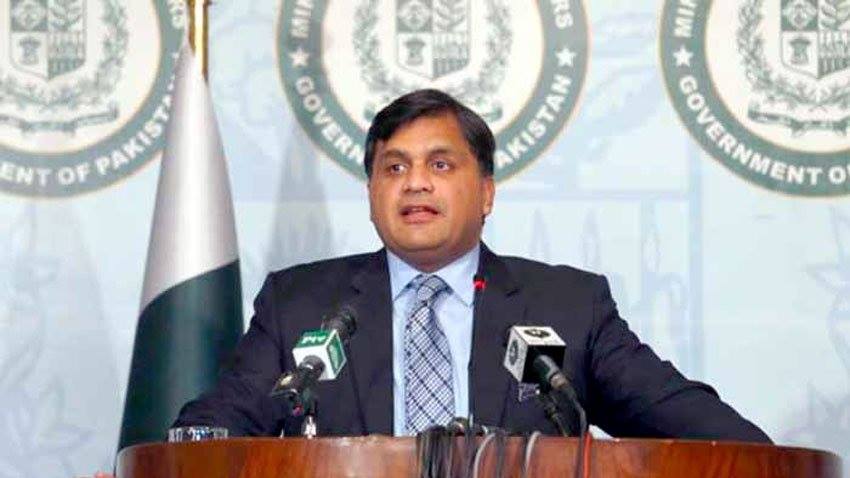A two-day shutter down strike against the controversial tax reforms being pursued by the gove
rnment of P
rime Minister Imran Khan began on Tuesday, bringing commercial activities to a standstill across Pakistan.
Most markets, shopping centres, and shop
s remained shut in the capital Islamabad, commercial capital Karachi, Lahore, Peshawar, Quetta, Faisalabad, and even several cities of Azad Jammu and Kashmir (AJK).
The strike call has been given by several traders associations coinciding with an anti-gove
rnment march by Jamiat Ulema-e-Islam-Fazl (JUI-F) which is proceeding towards Islamabad to seek the resignation of PM Imran.
“The [Pakistan Tehreek-e-Insaf] gove
rnment has destroyed our businesses and many traders have closed their shops due to high taxes and price hikes,” Mehar Elahi, president of a traders association in Khyber Pakhtunkhwa, told Anadolu Agency over
the phone. “This is a message for the gove
rnment that we are not happy with their policies,” Gohar Ali, a shopkeeper in the capital Islamabad, told Anadolu Agency.
PM Imran’s cash-strapped gove
rnment, which is already facing a tax shortfall of Rs500 billion (slightly over $7 billion), says it will not retreat from its economic and tax collection policies.
The gove
rnment has set an ambitious tax target of Rs5,000 billion (over $70 billion) for the current fiscal year, which economists say is unlikely to be achieved keeping the country’s ailing economy in view.
PM Imran and the PTI-led gove
rnment has been under criticism over soaring prices of essential commodities, including gas and electricity, following a $6 billion bailout package for his country by the International Monetary Fund (IMF).
Opposition and traders accuse the two former IMF employees – finance adviser Dr Hafeez Shaikh and the governor of the central bank Reza Baqir – of toeing the IMF’s agenda to “destroy the country’s economy”. Under the bailout package, the gove
rnment will no longer control the dollar value against rupee (local currency). Instead, it will be dealt by the open market.
Also, the gove
rnment is bound to withdraw exemptions offered in various taxes amounting to around Rs350 billion in the budget for 2019-20.
Islamabad’s current external debt stands at over $100 billion – the bulk of it borrowed from the World Bank, IMF, Asian Development Bank, Islamic Development Bank, the US, China, France, and othe
r countries.
Pakistan has also conceded a loss of $100 billion since 2002 after it joined the US-led war against terrorism. Meanwhile, P
rime Minister’s Adviser on Finance Abdul Hafeez Shaikh said talks with traders are underway to bring positive results. Talking to media in Islamabad on Tuesday, he said economic growth of the country is not possible without the support of traders. He said above three million traders are not part paying tax, therefore efforts are being made to bring them in tax net to divide the economic burden.
Traders have decided to continue shutter-down strike on Wednesday (today) as deadlock persisted despite holding talks with the federal gove
rnment. The dialogues between the federal gove
rnment and trader
s remained inconclusive.
A trade leader told media that a delegation has held talks with the Federal Board of Revenue (FBR) chairman and finance adviser where the gove
rnment’s side rejected to end the condition of computerised national identity card (CNIC). The leader claimed that the revenue board has not accepted their demand to defer implementation of CNIC condition for the next six months. The leader announced to continue shutter-down strike after finalising their future strategy.













